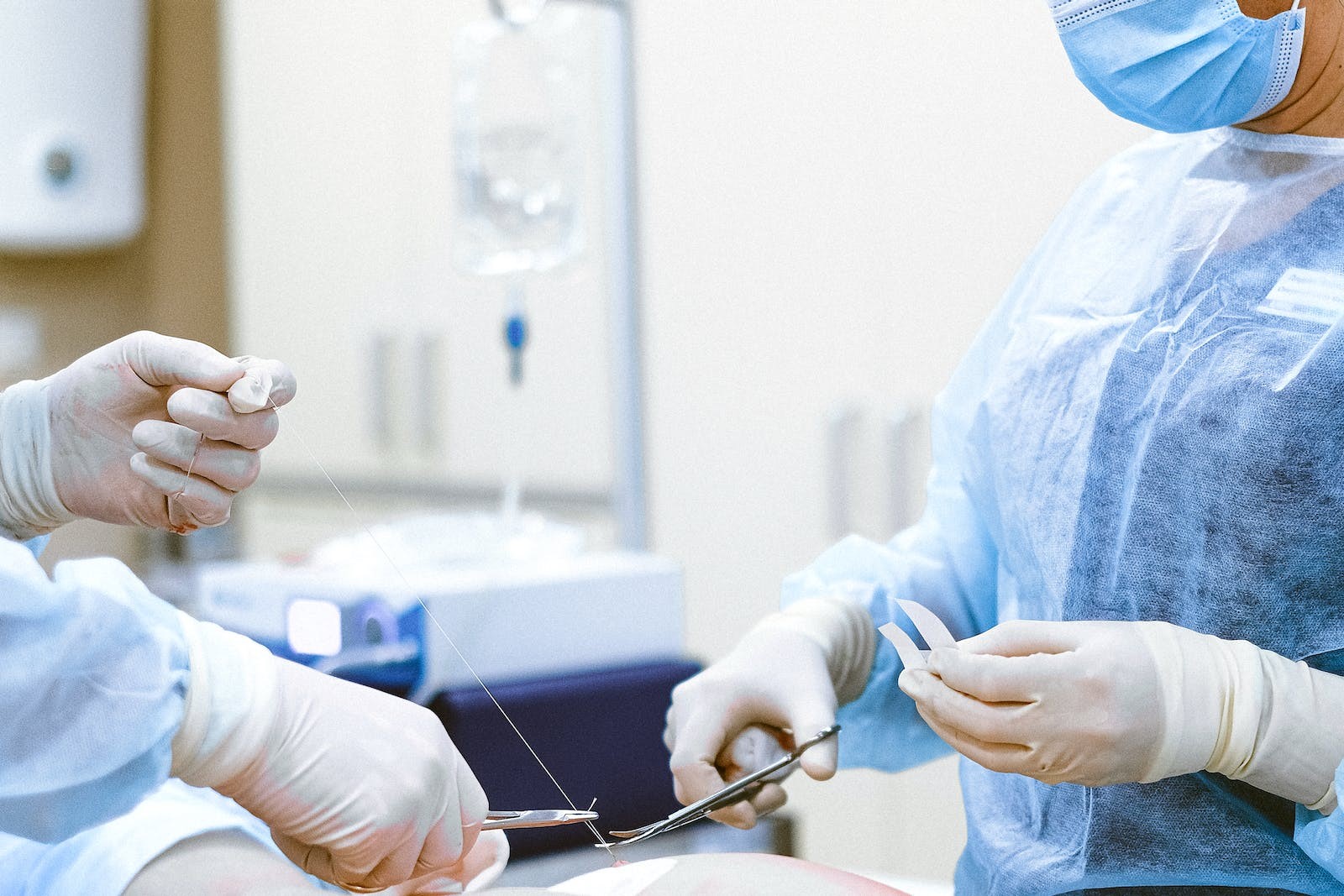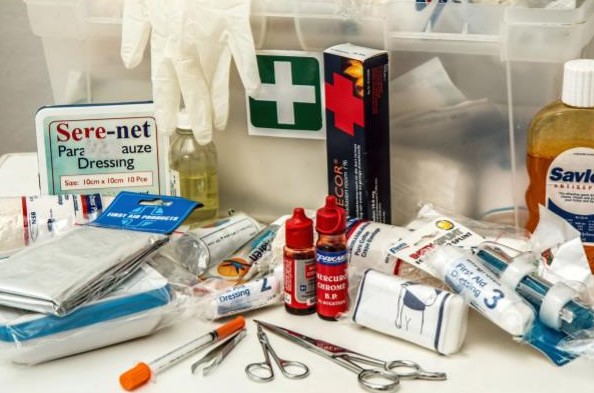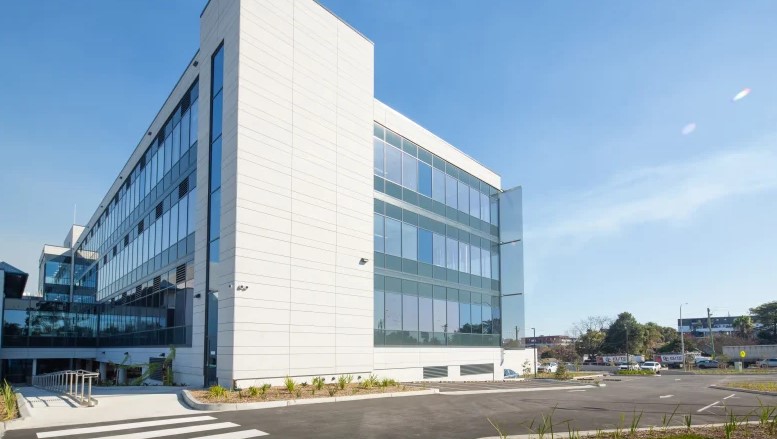13
Jun 2023
Facial Surgery: How Does The Recovery Process Look Like?
Published in General on June 13, 2023

Facial surgery is a major medical procedure that can have significant effects on both your physical and emotional well-being. While the results of facial surgery are usually positive, it’s important to understand the recovery process before making any decisions about undergoing a procedure. Here are some of the basics of what to expect during the recovery process.
1. Make sure to find a specialist who can provide complete, quality care
Before the surgery, it’s important to find a board-certified facial surgeon who has experience in the particular procedure you are considering.
Ask for references and read reviews to make sure that your specialist is capable of providing high-quality aftercare. It's important to read more about why you should find the best facial surgeon for your surgery. If you have any doubts, it’s best to choose a different surgeon.
While doing your research, you should also prepare for the surgery by understanding the different procedure types and risks associated with them.
2. Expect to swell and bruise
After facial surgery, it is normal to experience swelling and bruising. Swelling can last for several days or even weeks after the procedure and may be more pronounced in certain areas such as around the eyes. Bruising usually occurs on the first day after the surgery and will typically resolve within two weeks.
During this period, you should take care to avoid activities that could aggravate your condition, such as strenuous physical activity or exposure to sunlight. Additionally, you may want to consider applying cold compresses to your face every few hours to reduce swelling.
3. Rest is essential for the recovery process
The most important part of the facial surgery recovery process is getting enough rest. Make sure to get plenty of sleep and avoid any activity that may increase swelling or cause discomfort. Spending time relaxing with your family and friends can help keep your spirits up during this difficult period.
Avoiding strenuous activities, such as heavy lifting, for at least two weeks after surgery is also recommended to prevent further complications. It's also important to wear any protective gear, such as a surgical mask or headgear, that has been prescribed by your doctor.
4. Avoid exposure to the sun
Once the surgery is complete, it should be noted that sun exposure during the recovery period can cause scarring and discolouration. Therefore, you should avoid direct sunlight whenever possible. If outside, wear a hat or other covering to protect the area from sun rays. It’s also recommended to use sunscreen with SPF 30 or higher for protection if there’s no way to cover up. Additionally, understand that any activity that causes excessive sweating (like exercise) has a chance of aggravating incisions and healing wounds, so limit activities until cleared by your doctor.
Recovering from facial surgery can be a challenging experience, but understanding the recovery process and following doctor’s orders can ensure that you have the best possible outcome.
Make sure to find a highly qualified surgeon who will provide complete, quality care both before and after your procedure. Remember to get plenty of rest and avoid any activities that may increase swelling or cause discomfort during the recovery period. You can also find accommodation somewhere comfortable that is close to the medical facility.





